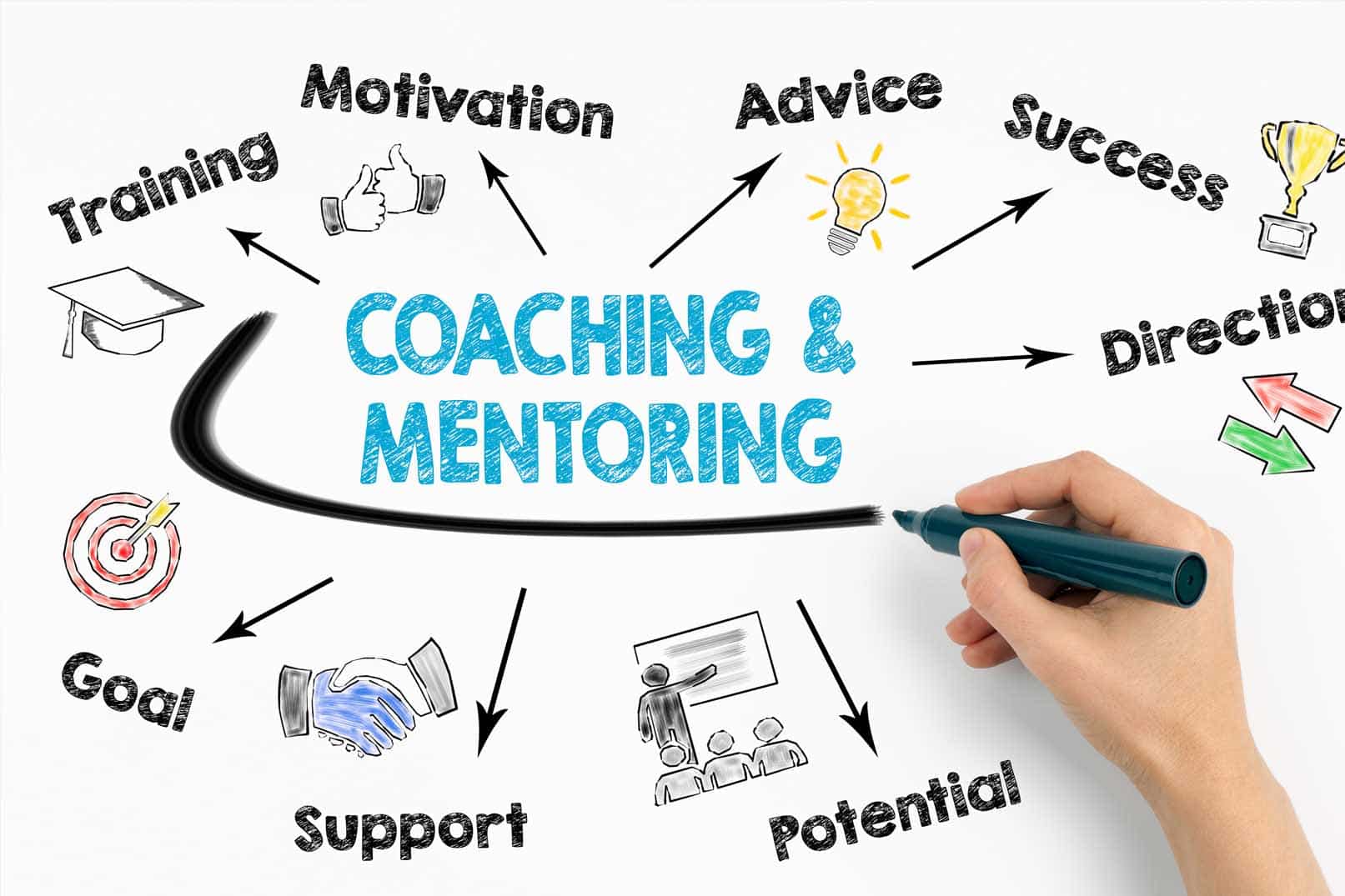Career Coaching Vs Executive Coaching: What’s the Difference?
Nov 07, 2023 | Ebru Yildirim

According to an Oracle’s study, more than 75% of people worldwide feel “stuck” in their personal and professional lives. While it is perfectly normal to feel this way, the question is how to get out of this and break through.
You may have heard your friends or colleagues suggesting you get coaching or that it has been helpful to them. But if you do a quick search for coaching for career guidance, you are likely to see Google suggesting two specific terms: career coaching & executive coaching. This often confuses people about which is right and what they need to choose to get the most out of the price they pay.
To help you and anyone confused about these terms, this article will give a simple breakdown of career vs executive coaching.
Career Coaching
This type of coaching is for anyone wanting to start, progress, or change their career. It is for anyone at any stage of their professional life - whether it is someone just starting out to step into the corporate world or someone who wants a new career direction after having worked in the same job role for many years.
The primary objective of a career coach is to help people land the dream job they aspire to or transition to their new career, whatever that may be. Career coaching is often for people who are not quite happy with where they are in terms of careers or anyone who knows they want to achieve more but don't know what they need to do to get there.
It is also for anyone who is clear about their career destination but needs help in understanding the best path and strategy to get there by analyzing skills and knowledge gaps.
This can include very practical activities like helping people improve their CVs to make them more attractive to potential employers, creating a professional brand for themselves, or even helping them develop transferable skills or gain qualifications or certifications that will help them land interviews with the companies they want to work for.
Through career coaching, people will also understand how to communicate better, negotiate for salaries, and present themselves as potential candidates during a recruitment process.
Executive Coaching
Unlike career coaching, executive coaching, also known as one-to-one coaching or performance coaching, is designed to provide guidance only for executives, managers, team leaders, individual business leaders, and decision-makers who want to develop themselves.
At least 4 out of every 10 newly promoted managers, leaders, and executives fail within 18 months of starting their new job role. This comes from reasons such as:
Lack Of Self-Awareness
Unpreparedness
Failing To Learn And Adapt
No Formal Development Processes
Ineffective Onboarding
No Initiatives To Establish A Cultural Fit
Unclear About The Job Role & It's Expectations
Resisting Change
Lack Of Emotional Intelligence
Lack Of Focus And Vision
Inability To Manage Stress
Executive coaching has evolved as a sustainable solution to overcome these issues. This type of coaching programme involves a series of one-on-one training sessions between a manager or executive and an external professional coach. The ultimate goal of executive coaching is to equip individuals with the knowledge and opportunities they need to develop themselves and become more effective in their respective job roles through behavioral change.
Executive coaching is a service that helps higher management or C-suite of an organization, like CEOs, leaders, and managers to play their role in a more balanced, healthy, and - most of all - effective way to be a successful leader, thereby supporting the growth of the firm.
An individual in a leadership role or an organization in general can get the following benefits from executive coaching:
Improve performance to motivate teams and communicate productively
Improve the ability to make decisions and calculated development skill
Help to develop risk management and navigation abilities
Develop skills to manage highly stressful working conditions
Enhance work-life balance
Increase self-assurance, self-efficacy and overall work satisfaction
On average, executive coaching takes 9-12 sessions across 6-9 months. The gap between these sessions are important to track and evaluate the new approaches and behavior the leaders have adapted in their role from previous sessions.
All in all an executive coach helps executives see things differently with clarity, change mindsets and perceptions, identify their drawbacks, and resolve the limiting beliefs that are holding them back at the higher level of the organizational hierarchy. It also helps with imposter syndrome by using different strategies and mindset tools to help executives and leaders improve self-esteem and gain confidence in their abilities and talents.
Simple Takeaway
Factors | Career Coaching | Executive Coaching |
Key Focus | Concentrates on general career development | Focuses exclusively on executive role career development |
Target Clients | Work typically with anyone needing professional guidance with their career | Works only with executives and leadership-related job roles |
Cost | Depends on the profile, but it is generally affordable | Depends on the profile and is slightly expensive as it is more focused |
Methodology | Tends to be more general | Focused on measurable results for a given job role |
Qualifications Necessary For The Coach | Bachelor's degree is the minimum qualification necessary to become a career coach, but the effectiveness of this service comes down to professional experience and expertise your coach has. | Apart from regular qualifications, an executive coach with a background in psychology and organizational behavior is more effective at providing this service. |
Goal Setting | Help in general career goal-setting | Assists in setting professional goals related to the C-suite |
Suitable For | Anyone needing help in navigating the job market | Individuals looking to thrive at the executive level |
FEATURED POSTS
RECENT POSTS
ARCHIVE
- December 2023
- November 2023
- August 2023
- July 2023
- June 2023
- May 2023
- April 2023
- March 2023
- February 2023
- January 2023
- December 2022
- November 2022
- October 2022
- September 2022
- August 2022
- July 2022
- June 2022
- May 2022
- April 2022
- March 2022
- February 2022
- January 2022
- December 2021
- November 2021
- October 2021
- September 2021
- August 2021
- July 2021
- June 2021
- May 2021
- April 2021
- March 2020
- February 2020
- January 2020
- December 2019
- November 2019
- October 2019
- September 2019
- August 2019
- July 2019
- June 2019
- May 2019
- April 2019
- March 2019
- February 2019
- January 2019
- December 2018
- November 2018
- October 2018
- September 2018
- August 2018
- July 2015
- May 2014
SEARCH BY TAGS




